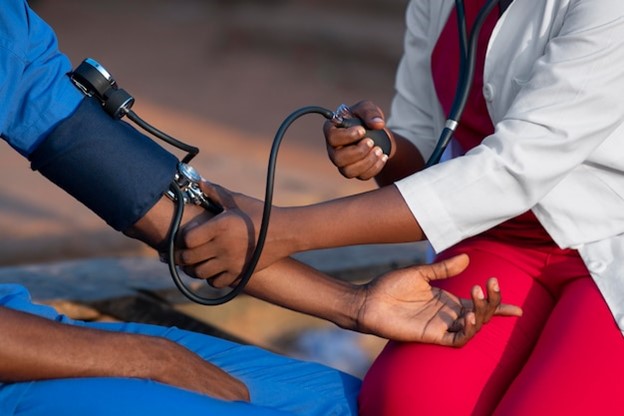Introduction
Lung cancer is one of the leading causes of cancer-related deaths worldwide, including South Africa. While it affects both men and women, South African men face a higher risk due to their higher rates of tobacco smoking and exposure to occupational hazards. However, by taking proactive measures, South African men can significantly reduce their risk of developing lung cancer. This article aims to provide practical advice on preventing and managing lung cancer, tailored specifically to the health needs of South African men.
- Quit Smoking
Tobacco smoking is the primary cause of lung cancer, accounting for around 80% of cases. South African men have a higher prevalence of smoking compared to women, making it crucial for them to quit smoking or never start in the first place. Seek support from healthcare professionals, join smoking cessation programs, and consider using nicotine replacement therapies to help overcome addiction. Remember, it is never too late to quit smoking, and the benefits of doing so can be life-saving.
- Reduce Occupational Hazards
Many South African men work in industries that expose them to occupational hazards known to cause lung cancer, such as asbestos, silica, and diesel exhaust. To minimize the risk, it is essential to adhere to workplace safety regulations and wear appropriate protective gear, including masks and respirators, when working in hazardous environments. Employers should also prioritize creating safe working conditions and implementing proper ventilation systems to reduce exposure.
- Avoid Secondhand Smoke
Even if you are a non-smoker, exposure to secondhand smoke can increase the risk of lung cancer. Encourage friends and family members who smoke to quit, and create smoke-free environments in your home and car. When visiting public places, choose venues that have strict no-smoking policies in place.
- Adopt a Healthy Lifestyle
Maintaining a healthy lifestyle can significantly reduce the risk of developing various types of cancer, including lung cancer. Incorporate the following habits into your daily routine:
- Eat a balanced diet: Consume a variety of fruits, vegetables, whole grains, and lean proteins. Limit processed foods, red meat, and sugary drinks.
- Stay physically active: Engage in regular exercise to maintain a healthy weight and boost your immune system.
- Limit alcohol consumption: Excessive alcohol consumption is linked to an increased risk of lung cancer. Moderate your alcohol intake or consider eliminating it altogether.
- Regular Health Check-ups
Routine health check-ups can help detect lung cancer in its early stages or identify potential risk factors. Visit your healthcare provider regularly for physical examinations and screenings. Discuss your lifestyle choices and occupational exposures, allowing your doctor to provide personalized advice and interventions to minimize your risk.
- Raise Awareness
South African men can play an active role in raising awareness about lung cancer within their communities. Share knowledge about the risks of smoking and occupational hazards, and promote the importance of early detection through regular screenings. Encourage others to adopt a healthy lifestyle and support smoking cessation initiatives.
Conclusion
Preventing and managing lung cancer requires a multi-faceted approach that addresses both individual choices and environmental factors. South African men can reduce their risk by quitting smoking, minimizing exposure to occupational hazards, avoiding secondhand smoke, adopting a healthy lifestyle, and seeking regular medical check-ups. By taking proactive measures and spreading awareness, South African men can protect their lung health and contribute to a healthier future for themselves and their communities. Remember, your choices today can make a significant impact on your lung health tomorrow.










